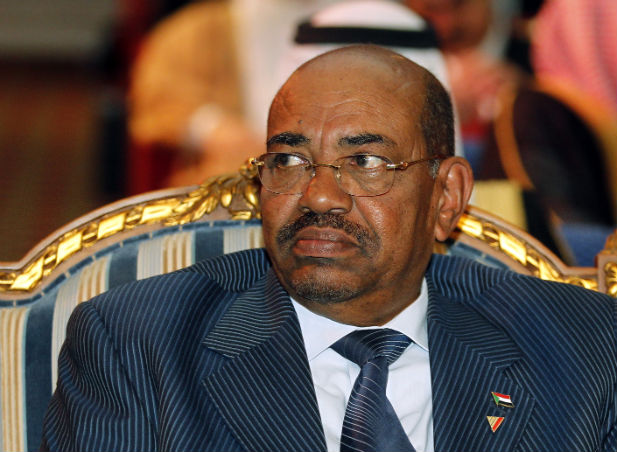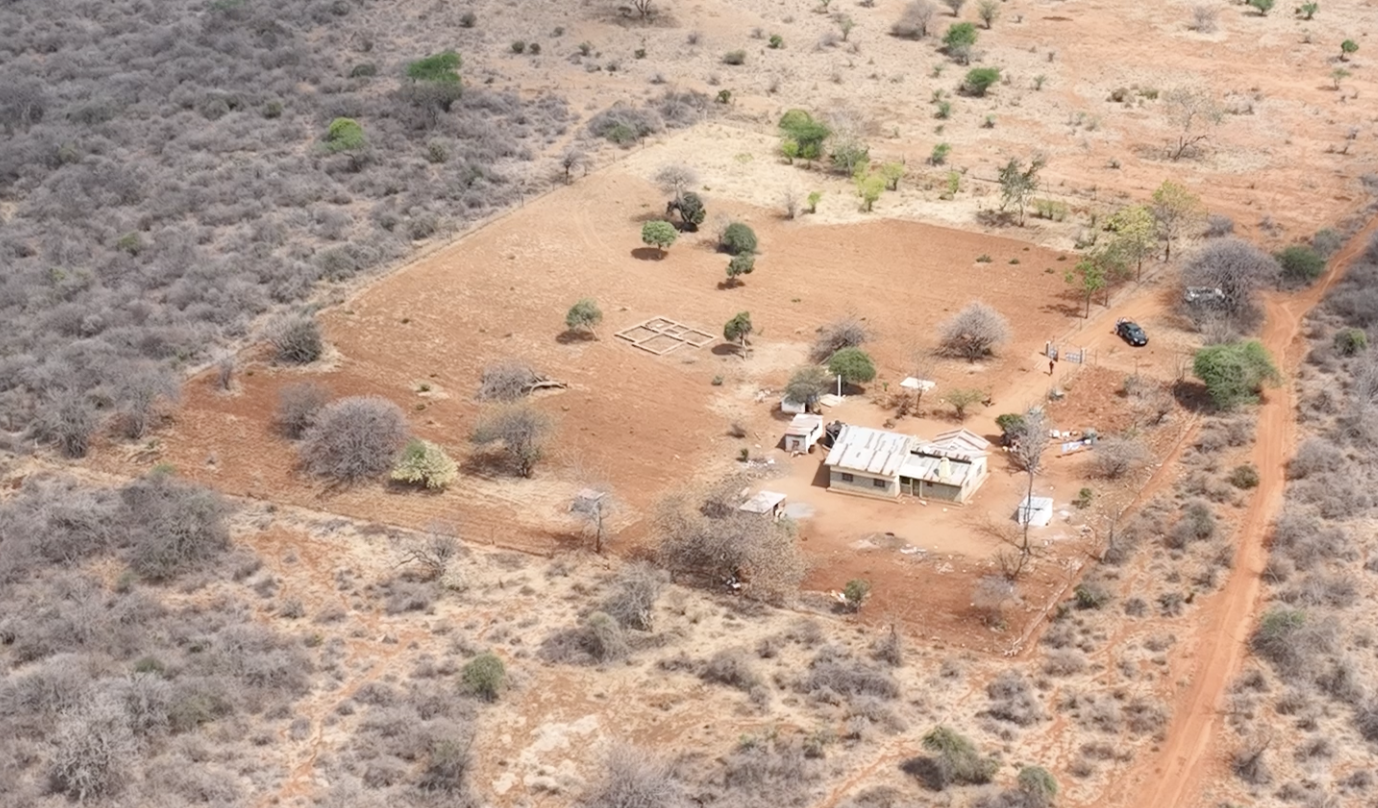
Sudan’s protests point to weaknesses in Bashir’s rule

Despite the heavy hand of the police, who have reportedly killed at least 37 protesters, Bashir’s response has been feeble. He left the capital ahead of Tuesday’s march on his palace, and he has been fumbling and vague in addressing the economic crisis that prompted the outburst of anger.
Perhaps most alarming for Bashir, an Islamist who came to power in a 1989 military coup, the powerful military and security agencies have only voiced half-hearted support for him amid the turmoil.
On the streets, the lengthy battles with police on Tuesday in Khartoum may have only emboldened Sudanese to take on the security forces again.
“Today, we the Sudanese people … have crossed the point of no return on the path of change,” a coalition of professional unions that organized Tuesday’s march said in a statement afterward. “We will pursue all options of peaceful, popular actions … until we bring down the regime that continues to shed blood. Today, more than any time before, we are confident in our collective ability to realize that.”
Bashir, who is in his mid-70s, put down two previous bouts of protests and may do so yet again. But the rule of one of the longest-serving leaders in the Middle East is clearly fraying.
Bashir still dominates Sudan’s political class. Loyal lawmakers are rallying support for constitutional amendments that would allow him to run in the 2020 elections.
But his real power base is the military, which has dominated Sudan since independence in 1956. Its support for him in the unrest has been less than resounding.
In a statement Sunday, several days into the protests, the military said it stood behind the country’s leadership but didn’t mention Bashir by name. Instead, it talked of preserving the nation’s security and “achievements.”
Another possible judgment on Bashir was the silence of his Arab allies.
Only the Gulf nations of Bahrain and Qatar publicly stated their support for Bashir. No word came from his most important backers, Saudi Arabia and the United Arab Emirates.
Sudan’s neighbor to the north, Egypt, has also refrained from voicing support for Bashir. Egyptian President Abdel-Fattah el-Sissi has courted Bashir for years, hoping to secure his goodwill in Egypt’s dispute with Ethiopia over that country’s construction of a massive dam that Egypt fears will reduce its share of the Nile River. But the mercurial Bashir has moved closer to Ethiopia and stoked a long-running border dispute with Egypt.
Western countries have largely shunned Bashir since the ICC charges but they remain key donors of aid to Sudan. The United States, Canada, Norway and Britain have demanded Khartoum investigate “credible reports” that Sudanese security forces used live ammunition against protesters. In a joint statement, they referred to the constitutional right of the Sudanese to peaceful protests and labeled their demands as “legitimate.”






